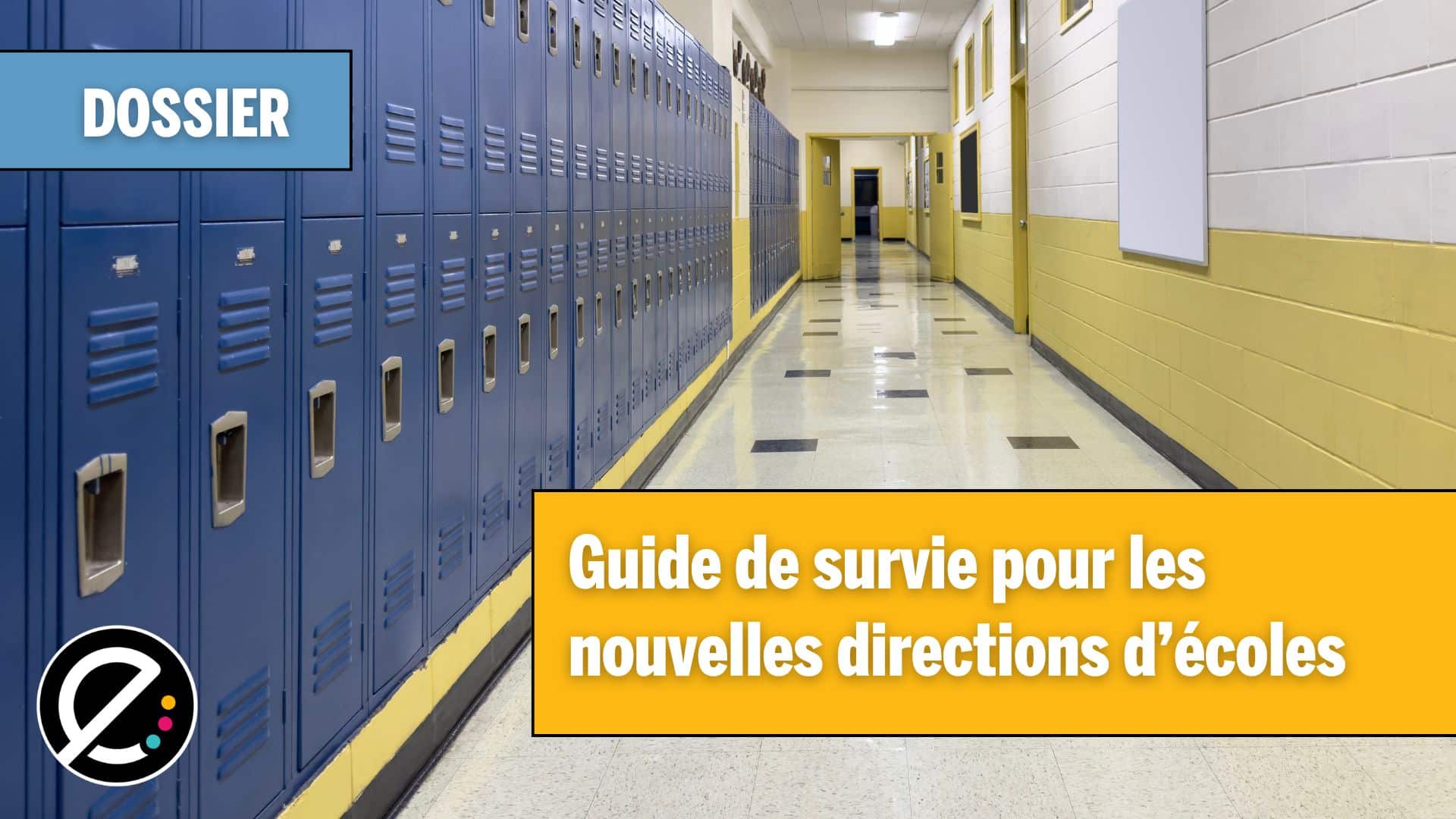« Voyons, j’ai encore oublié! » Est-ce un signe de vieillesse? De surmenage? Non, c’est un signe que ma mémoire fonctionne bien et qu’elle fonctionne comme toutes les autres mémoires! Maintenant, ça ne veut pas dire que je ne peux pas l’aider un peu…
Tous les jours, nous sommes sollicités de toutes parts par une quantité impressionnante de stimuli. Il est impossible de se souvenir de tout. Habituellement, notre mémoire fait un bon travail de sélection et nous permet de nous souvenir des éléments importants (aller chercher les enfants à la garderie par exemple) et nous permet d’oublier certains éléments moins cruciaux (où ai-je bien pu mettre mon crayon rouge?!?).
Cette mémoire n’est cependant pas infaillible et, parfois, elle n’enregistre pas l’information qu’on aurait voulu. Par exemple, il y a quelques semaines, je suis allée discuter avec ma directrice adjointe pour lui parler de trois sujets. Après avoir réglé le deuxième sujet, je ne me souvenais plus du troisième. Je me rappelais cependant que c’était important, et que je l’avais noté dans mon agenda, mais l’élément clé m’échappait. Est-ce un signe de vieillesse? De surmenage? Non, c’est un signe que ma mémoire fonctionne bien et qu’elle fonctionne comme toutes les autres mémoires!
Les mémoires émotive et procédurale expliquées
La rétention en mémoire ne se fait pas toujours comme on le voudrait. J’aurais aimé me rappeler mon troisième sujet, mais ma mémoire en a décidé autrement. Ce sont mes mémoires émotive et procédurale qui se sont chargées de cette tâche sans me consulter, avec pour résultat que je me rappelle que c’est important, que je l’ai écrit, mais pas de ce que c’est.
En effet, la mémoire émotive (est-ce que j’ai aimé ça?) et la mémoire procédurale (les actions posées) sont presque automatiquement sollicitées quand nous créons des souvenirs. Afin de l’illustrer, je vous propose un petit exercice. Prenez quelques secondes et rappelez-vous un souper entre amis où vous êtes allé l’été passé (à l’extérieur et à deux mètres bien sûr).
Vous rappelez-vous des détails de l’endroit (le nom du restaurant, la décoration, la couleur des murs)? De tout ce qui vous a été servi au menu? De tous les sujets discutés? De tous les invités présents? De l’ordre d’arrivée des invités? D’où vous avez stationné votre voiture? De comment vous étiez habillé? Probablement pas. Mais vous rappelez-vous si vous avez eu du plaisir? D’une activité particulière que vous avez faite (vous baigner ou chanter autour d’un feu par exemple)? Du plat que vous avez cuisiné et apporté? D’une personne avec qui vous avez aimé discuter? Ces derniers souvenirs ont une connotation procédurale ou émotive, ce qui fait qu’ils sont plus susceptibles d’avoir été enregistrés, mais dans la « catégorie » de l’émotion ou de l’action.
Des moyens d’aider sa mémoire
Sachant ceci, comment pouvons-nous aider notre mémoire à bien discriminer les informations? Selon moi, la première étape est de reconnaître que notre mémoire ne fonctionne pas toujours de façon efficace. Il importe donc de trouver des moyens d’y pallier sans se dévaloriser. Non, ce n’est pas anormal d’oublier.
Il importe donc de trouver des moyens d’y pallier sans se dévaloriser. Non, ce n’est pas anormal d’oublier.
Maintenant que nous le savons, comment pouvons-nous éviter ce piège? Pour ma part, j’ai adopté les notes autocollantes, ces petits papiers où j’écris les éléments importants afin de ne pas me fier à ma mémoire pour me les rappeler au bon moment. Je les colle ensuite aux endroits appropriés dans mon agenda. Quand je pars sans mon agenda, par exemple quand j’arrête à l’épicerie au retour du travail, je prends la note et la colle sur mon téléphone.
Mais qu’en est-il des élèves? Eux aussi encodent les informations de la même façon que nous. Il est très peu efficace de classer des règles de grammaire par ordre de préférence ou même par type d’activités associées en classe (dictées trouées, lecture, listes de mots…). Dans le prochain billet, je vous suggère des stratégies qui ne prendront que quelques secondes ou minutes de votre temps de classe, mais qui aideront beaucoup la rétention en mémoire sémantique de vos élèves.
Surveillez la deuxième partie de cette chronique.






